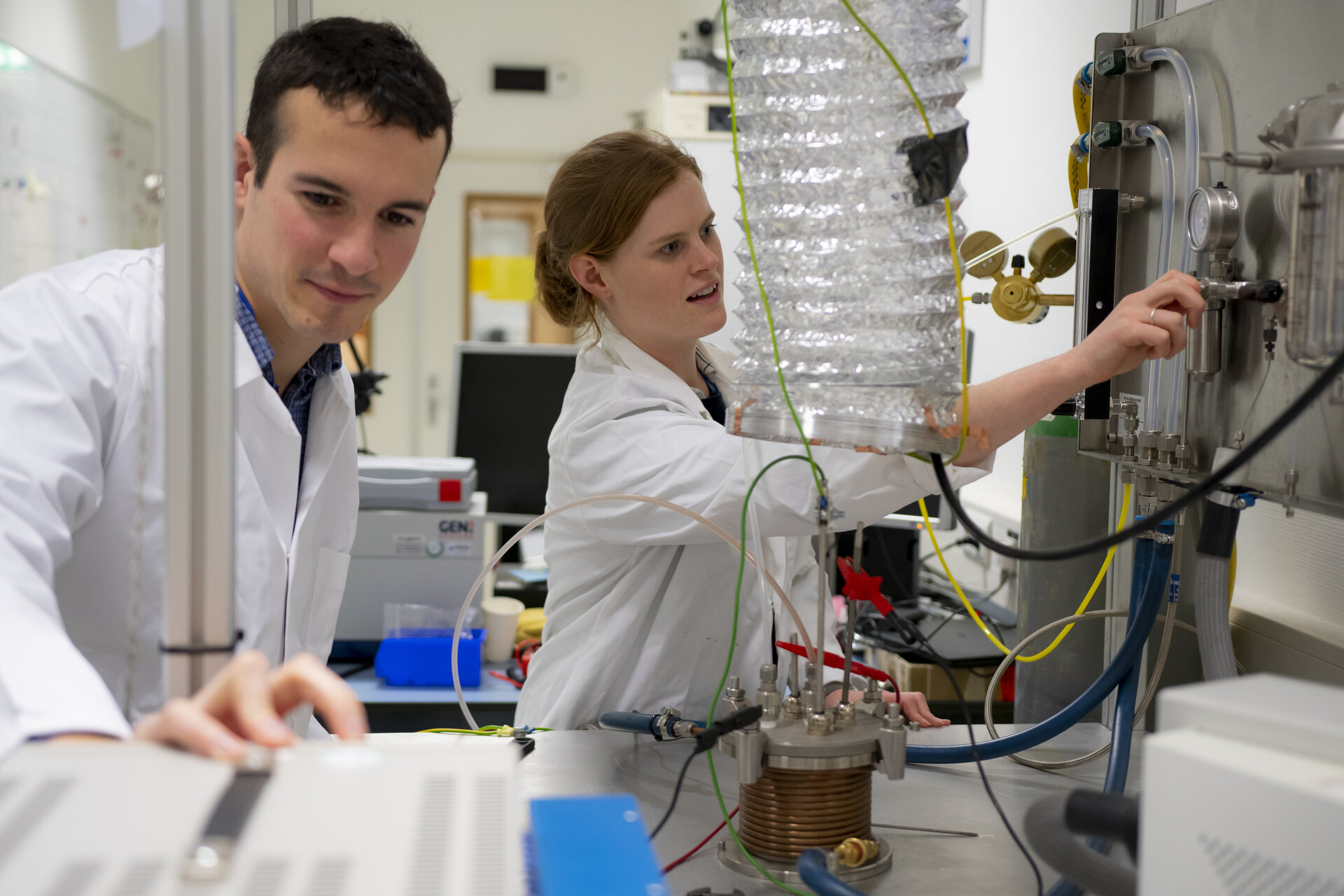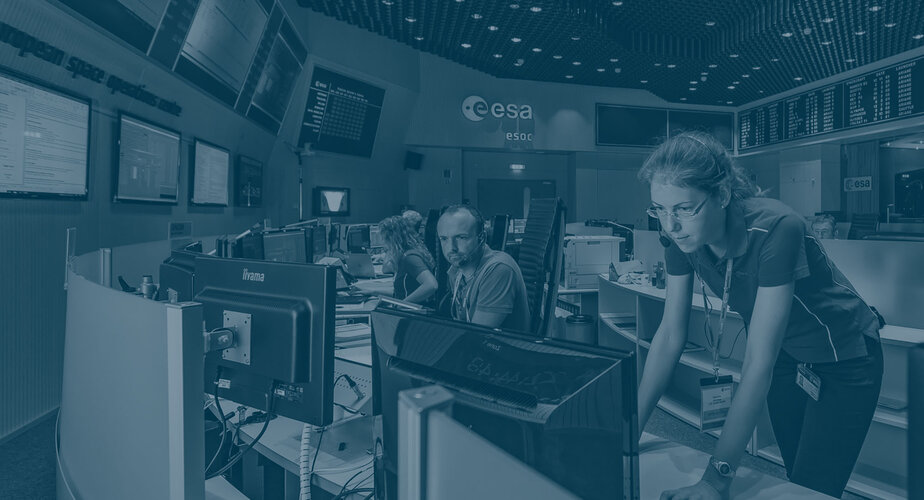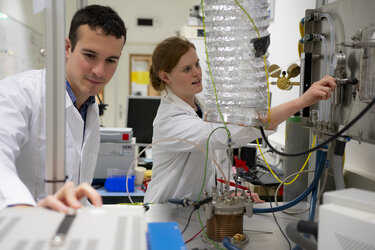Entry-level and research programmes
ESA offers a wide range of opportunities for postgraduate students including both Master’s and PhD researchers. Discover how to take part in ESA’s missions and projects as a student or recent graduate.
University students and graduates
There are six different programmes open to students and recent graduates who are national of one of the ESA Member States or Cooperating States:
- Internships are available while you are still studying.
- The ESA Graduate Trainee Programme is for students who are about to graduate from a Master’s level course, or for those who have recently graduated.
- National Trainee Programmes are similar to the ESA Graduate Trainee Programme and are run by several national governments, also targeting those who are either about to graduate, or have recently graduated, with a Master’s degree.
- The Junior Professional Programme is open to graduates of a Master's level degree programme with two to three years of professional experience.
- Researchers can apply for ESA to co-fund space-related PhD and post-doc research activities.
- Post docs can apply to the Research Fellowship Programme.
From outside Europe?
If you are not a national of one of the ESA Member States or Cooperating States, there are opportunities to work directly with ESA in the European space industry. Check the Business with ESA industry portal for details and for a list of small and medium enterprises which do business with us.
Still at school or college?
You’re never too young to be part of ESA! Check out the ESA Academy page for students, ESA Education for teachers, and the ESA Kids website for the very youngest.

What is it like to work at ESA?
Learn everything you need to know about working life at the European Space Agency.
ESA Establishments
The European Space Agency has eight sites across Europe and a launch site in French Guiana.
Learn more about ESA establishments.
Learn more about ESA’s programmes and Missions
Still have questions? Maybe you can find the answers in our FAQs.















 Germany
Germany
 Austria
Austria
 Belgium
Belgium
 Denmark
Denmark
 Spain
Spain
 Estonia
Estonia
 Finland
Finland
 France
France
 Greece
Greece
 Hungary
Hungary
 Ireland
Ireland
 Italy
Italy
 Luxembourg
Luxembourg
 Norway
Norway
 The Netherlands
The Netherlands
 Poland
Poland
 Portugal
Portugal
 Czechia
Czechia
 Romania
Romania
 United Kingdom
United Kingdom
 Slovenia
Slovenia
 Sweden
Sweden
 Switzerland
Switzerland

































